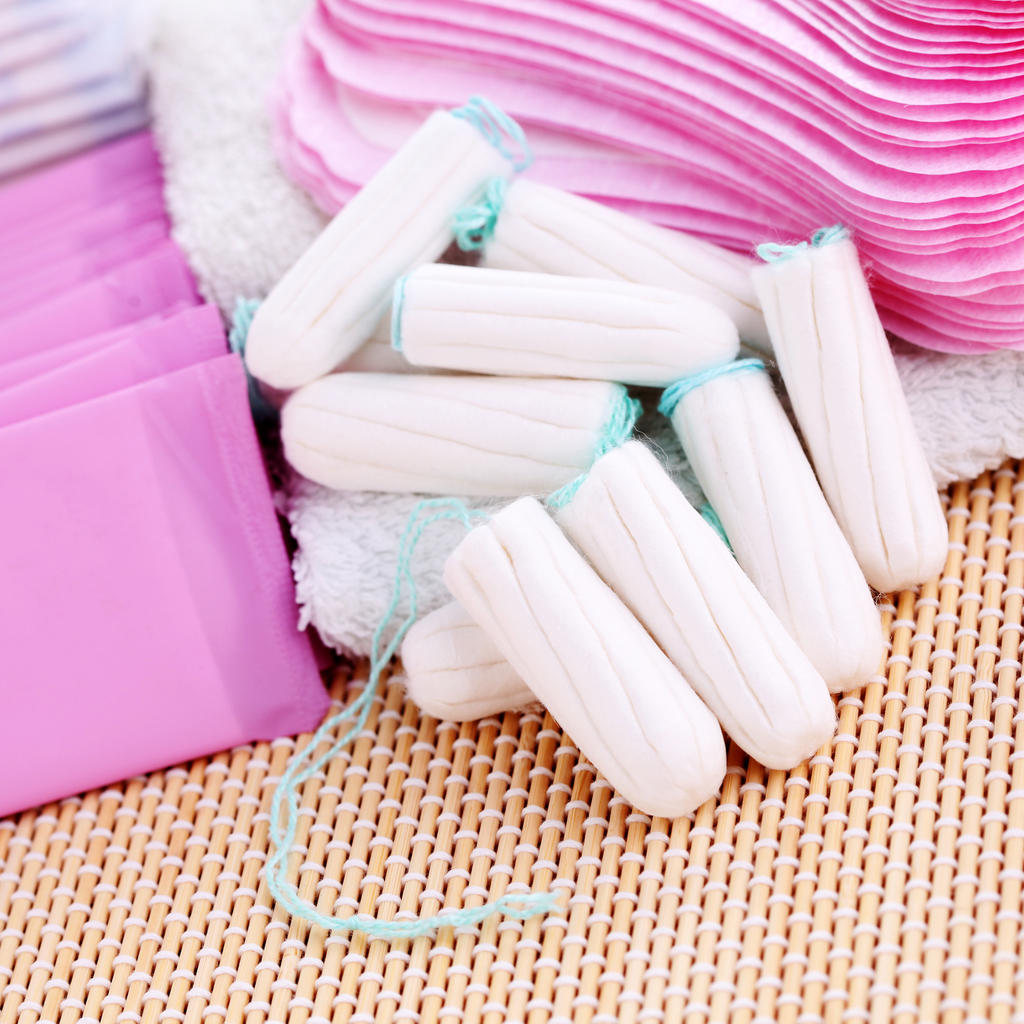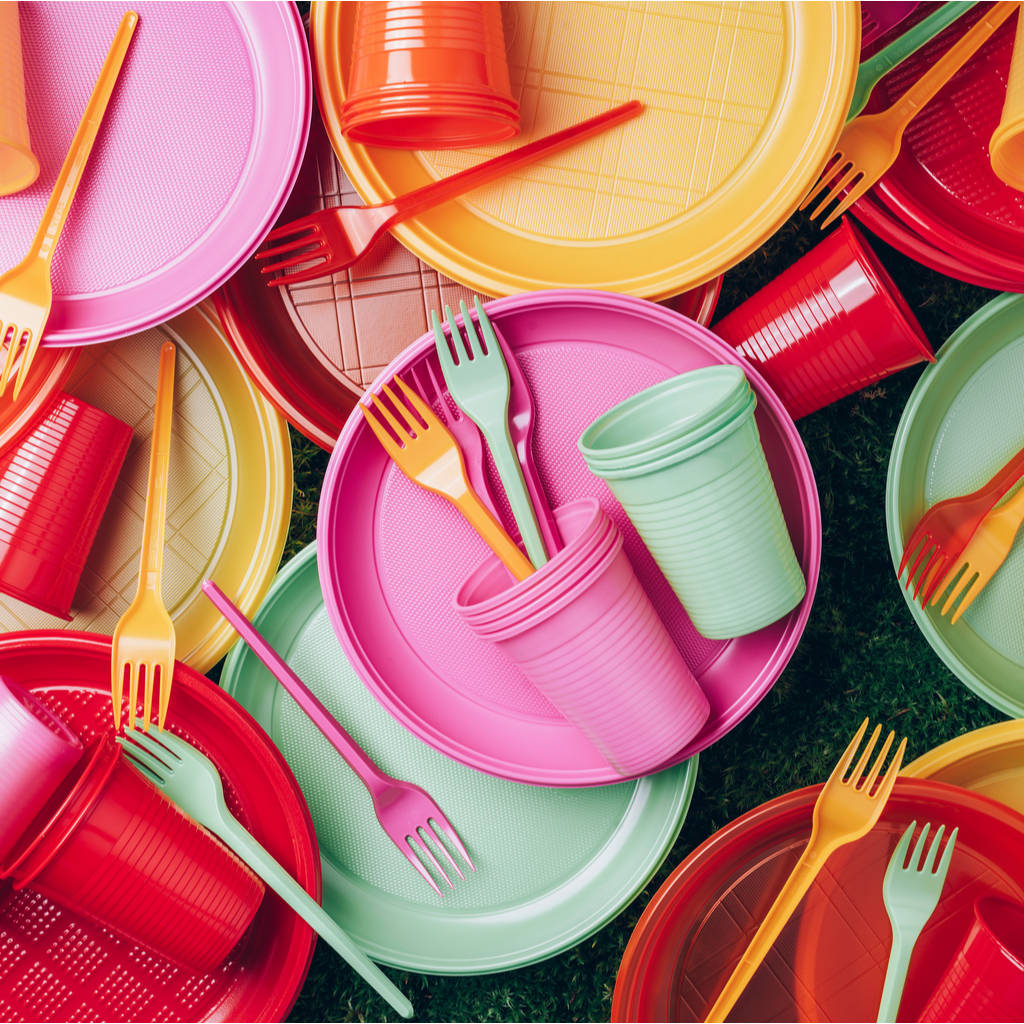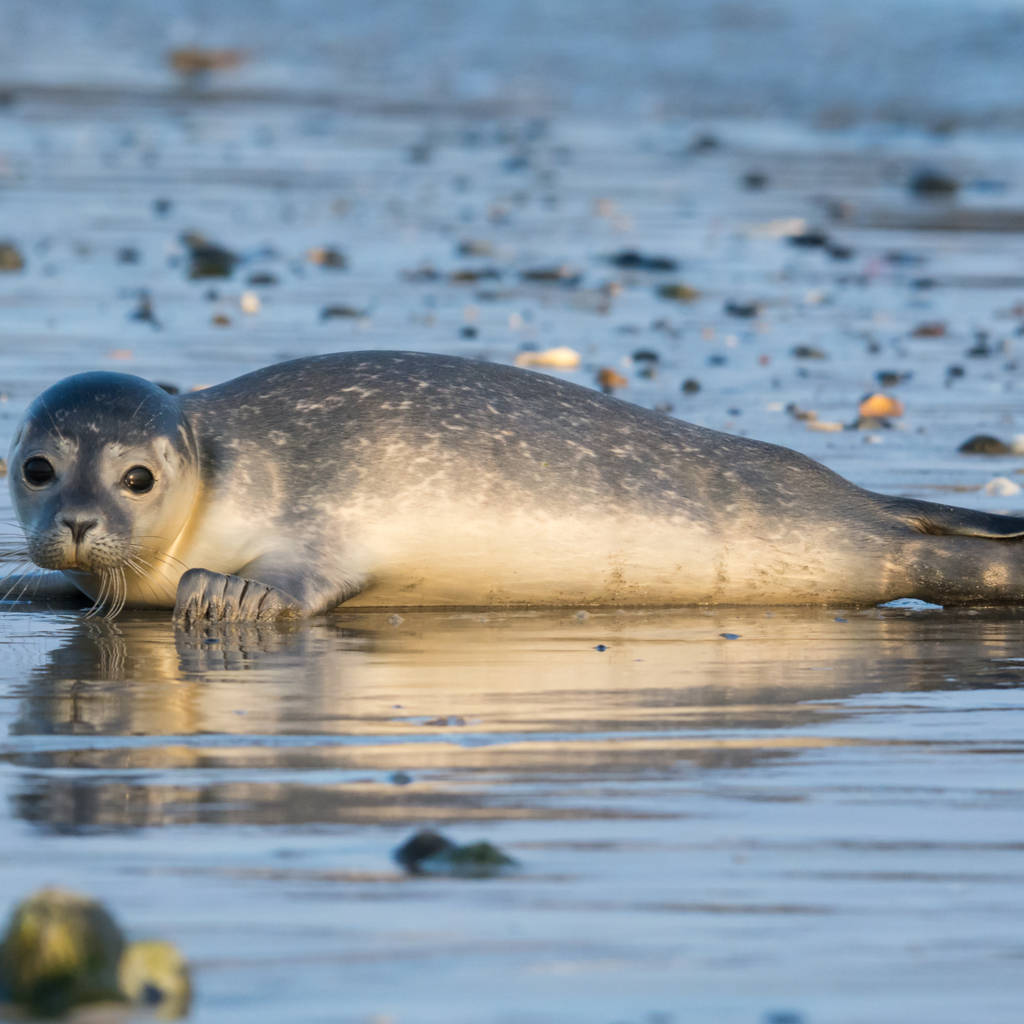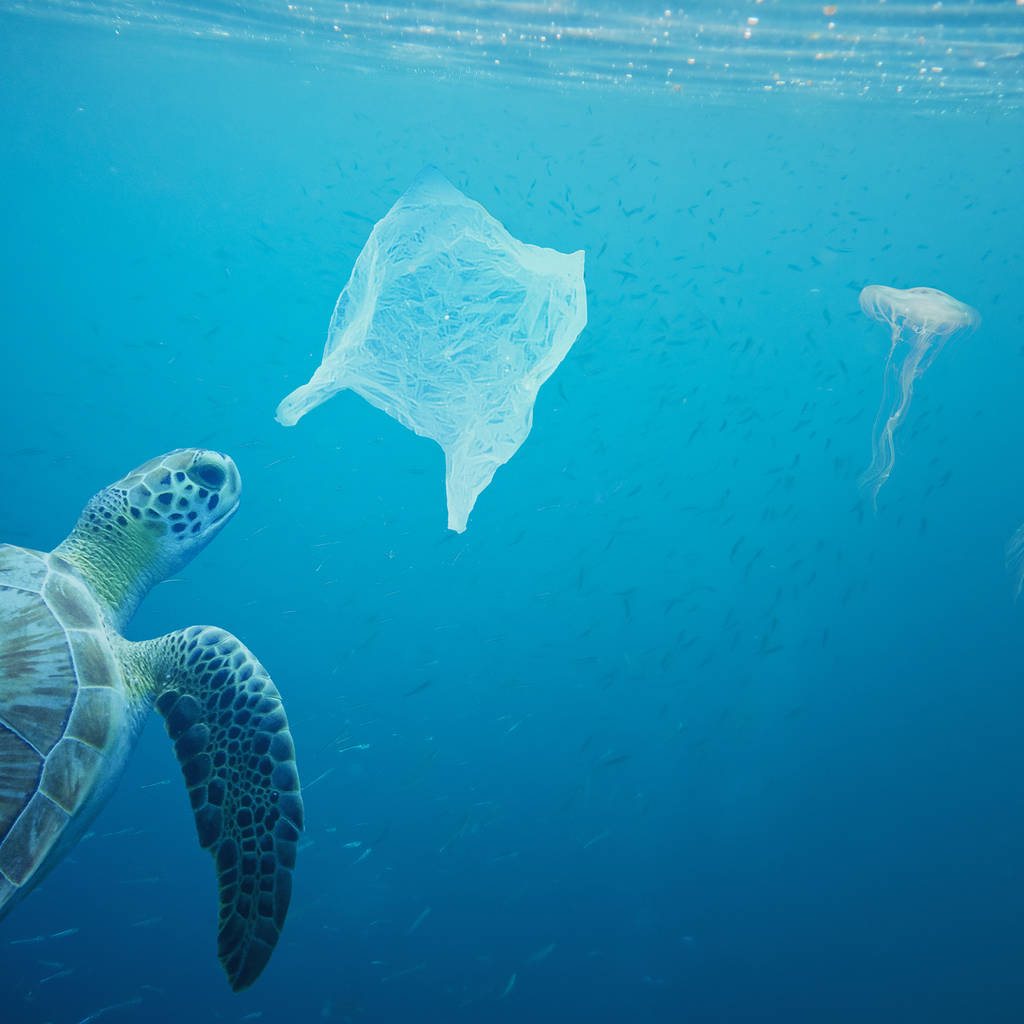Your Flow.Your Impact.
Eine menstruierende Person verwendet ca. 17.000 Einweg-Monatshygieneartikel im Laufe ihres Lebens. Mit dem Einsatz von Taynies wird dieser Müll minimiert und die Umwelt deutlich weniger belastet.
Mit Periodenunterwäsche leistest du einen großen Beitrag gegen die Verschmutzung unserer Umwelt und Ozeane dieser Erde. Bei der Verwendung von herkömmlichen Monatshygieneartikeln wie Tampons und Binden entstehen Müllberge aus Plastik und Mikroplastik.
Klar, wenn jede menstruierende Person im Laufe ihres Lebens 17.000 Einweghygieneprodukte verwendet. Wir finden: Das ist eine ganze Menge! Daher haben wir es uns zur Mission gemacht, eine Alternative zu den anfallenden Müllbergen zu bieten. Denn Umwelt– und Tierschutz wir bei uns großgeschrieben! 🌎 💙
Wusstest Du, dass...
-

...weltweit jährlich 45 Milliarden Menstruationsprodukte im Müll landen und dieser über 500 Jahre braucht, um zu verrotten?
-

...Deutschland Rekordhalter in der Produktion von Verpackungsmüll pro Kopf ist? 2016 waren es 220 kg pro Person.
-

...rund dreiviertel des Plastiks, das in Deutschland in die Umwelt gelangt, Mikroplastik ist? Genau genommen 330.000 Tonnen von 446.000 Tonnen.
-

...Mikroplastik in der Nahrungskette nachgewiesen ist und schädliche Folgen für die Tierwelt haben kann?
-

...vom Plastikmüll im Meer 663 Tierarten betroffen sind? Jedes Jahr sterben ca. eine Millionen Seevögel und hunderttausende Meeressäuger an den Folgen des Plastikmülls.
MORE TAYNIES, MORE COMFORT.
Transparenz und Fairness gegenüber unseren Mitarbeitenden und Endverbraucher*innen
Bis eine Taynie zu dir nach Hause geliefert wird ist es ein langer Weg, an dem viele fleißige Hände beteiligt sind. Angefangen bei den Menschen auf den Baumwollplantagen bis hin zu den Personen, die deine Periodenunterwäsche umweltfreundlich verpacken und anschließend klimaneutral versenden.
BSCI – ein wichtiger Standard für uns
Unsere Produktionsstätte in China, genauer gesagt in Guangdong, ist Mitglied im BSCI. Dies ist eine Initiative, die Unternehmen dabei unterstützt, die sozialen Standards entlang der gesamtem Wertschöpfungskette zu verbessern. Diese Initiative hilft, die Mitarbeitenden vor Ort fair zu entlohnen, reguläre Arbeitszeiten einzuhalten und ein striktes Verbot gegenüber Kinder- und Zwangsarbeit auszusprechen. Diese Bestimmungen lassen wir vor Ort regelmäßig prüfen.
Der Umwelt und dir zuliebe. Schadstoffe haben in unserer Wäsche nichts zu suchen
Du darfst dir sicher sein, dass du in unserer Periodenunterwäsche keine gesundheitlich bedenklichen Schadstoffe findest, denn unsere Produkte sind Oeko-Tex Standard 100 zertifiziert. Das heißt, dass alle Taynie Produkte auf Schadstoffe geprüft wurden - vom Garn bis hin zu unserer Taynie-Membran - und für unbedenklich befunden wurden. In unserer Unterwäsche verarbeiten wir keine hochumstrittenen Biozide, die nicht nur dir schaden können, sondern auch extrem schlecht für die Umwelt sind.
CO2-Ausstoß kompensieren
Bei der Auswahl des Produktionsstandortes war es für uns zudem wichtig, dass kurze Lieferantenwege eingehalten werden. Unsere zertifizierte Bio-Baumwolle beziehen wir von benachbarten Plantagen in der Nähe von Guangdong. So entstehen nicht noch zusätzliche Wege für die benötigten Materialien und Rohstoffe. Durch die Produktion und das Verschiffen der Ware entsteht ein unvermeidbarer CO2 Ausstoß. In Zusammenarbeit mit Planetly kompensieren wir diesen Ausstoß über zertifizierte Klimaschutzprojekte – Stand März 2021 haben wir bereits 19 Tonnen CO2 kompensiert.
Wir optimieren stetig
Da dem Thema Nachhaltigkeit noch nie eine größere Bedeutung zugeschrieben wurde als heute, feilen wir kontinuierlich an unserer Nachhaltigkeitsstrategie. Diese ist durch unsere stetige Suche nach neuen Lösungen auch immer im Wandel – und somit nach unserem Verständnis auch niemals „fertig“, sondern fortwährend in einer neugierigen Findungsphase.
Dabei freuen wir uns auch auf konstruktive Hinweise, Tipps und Vorschläge.
Wichtig ist es uns, immer auch eine ganzheitliche Betrachtungsweise an den Tag zu legen: Verpackungsmüll vermeiden alleine reicht nicht aus, wenn durch gutgemeintes Handeln bspw. an anderer Stelle Menschen ausgebeutet werden oder Kinder arbeiten müssen.










